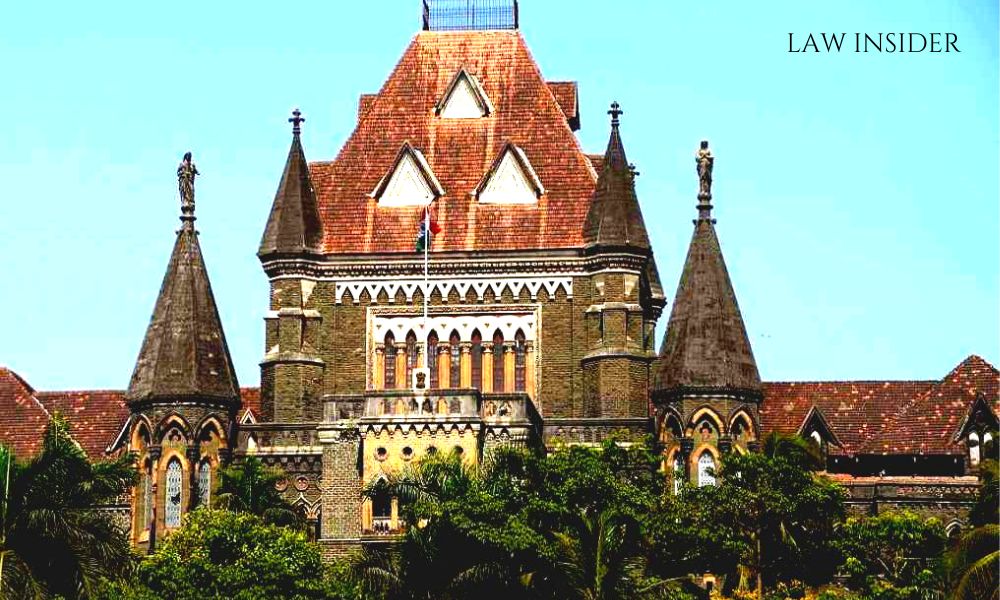LI Network
Published on: 8 August 2023 at 12:22 IST
The Bombay High Court has emphasized that a significant delay in conducting hearings for show cause notices would amount to a violation of the principles of natural justice.
The court underscored that the reorganization of offices or Commissionerate shifting cannot serve as valid justifications for such inordinate delays.
The bench comprising Justice G.S. Kulkarni and Justice Jitendra Jain held that the obligations under the relevant Act must be diligently fulfilled, irrespective of any administrative changes, to ensure prompt and fair adjudication of show cause notices.
The case pertained to a petitioner/assessee involved in constructing a residential complex. This petitioner, functioning as a construction contractor in a Special Economic Zone (SEZ), received a refundable deposit.
The tax department categorized this deposit as an advance and sought to levy a service tax on it. An investigation was initiated in 2009, and a show-cause notice was issued on March 16, 2012. The petitioner responded to the notice in detail on January 24, 2013.
Despite this, the tax department took no further action. In the interim, the petitioner’s activities were amalgamated on April 18, 2015.
After almost a decade of seeking to adjudicate the show cause notice, a notice for a personal hearing was sent. In response, the petitioner contested both the show cause notice and the personal hearing notice, arguing that the prolonged delay in adjudication undermined the fairness of the proceedings.
The petitioner asserted that an unreasonably long delay of over 10 years was unacceptable for the adjudicating authority to process the show cause notice.
In defense, the tax department cited the delay as a result of commissionerate shifting and field formation reorganization, implying that these administrative changes justified the extended timeline for adjudicating the show cause notice.
The court referred to Section 73(4), which stipulates that a determination should be concluded within six months or a year from the date of issuing the show cause notice. The maximum time limit for issuing such a notice is five years.
The court’s ruling emphasized the importance of timely action, stating, “It is well said that time and tide wait for no one.
It cannot be overlooked that the pendency of the show cause notice not only weighs against the legal rights and interests of the assessee, but also, in a given situation, may adversely affect the interest of the revenue if prompt adjudication of the show cause notice is not undertaken, the reason being a lapse of time, and certainly, a long lapse of time is likely to cause irreversible changes frustrating the whole adjudication.”
Case Title: Coventry Estates Pvt. Ltd. v. The Joint Commissioner CGST and Central Excise

